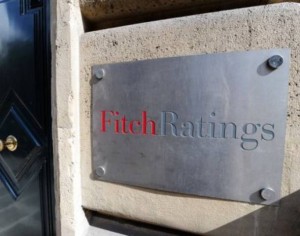 LONDON | The Investment Management Association sent Friday an unequivocal message to the European Commission: do mess with the risk rating agencies at your peril. In its written submission to the Treasury Select Committee Inquiry into credit rating agencies, the trade body for the UK’s £4 trillion asset management industry IMA defended the independent role of credit rating agencies. The IMA said they must be allowed to act free from political interference.
LONDON | The Investment Management Association sent Friday an unequivocal message to the European Commission: do mess with the risk rating agencies at your peril. In its written submission to the Treasury Select Committee Inquiry into credit rating agencies, the trade body for the UK’s £4 trillion asset management industry IMA defended the independent role of credit rating agencies. The IMA said they must be allowed to act free from political interference.
“The very fact that rating agencies are now regulated may be seen as some sort of seal of approval which is at odds with the European Commission’s current desire to reduce reliance on credit ratings by both regulators and financial institutions,” the association’s statement read.
The European Parliament has this week finalised a text that, if approved, will tighten the grip on credit rating agencies in Europe and could potentially even ban them from issuing judgments on sovereigns, as the EU Public Service internal magazine put it.
The proposal to establish a EU credit rating agency has been floated more than once in the European Parliament and the European Commission. Strongly behind the idea is Roland Berger Strategy Consultants, a Munich-based management consultancy firm, which aims to create its first ratings by the end of 2012. The new European rating agency would need about €300 million become a high caliber rating agency on par with S&P, Moody’s Investors Service, and Fitch Ratings, the three biggest international ratings agencies.
But the British association IMA begs to differ. Guy Sears, director of wholesale at the IMA, said:
“Rating agencies have made responsible and sensible decisions. Their recent downgrading of European countries has reflected, not caused, underlying fiscal problems. However, the agencies may be seen to hold disproportionate sway over global markets, not least because they are embedded in regulations such as Solvency II and CRD and in institutional client mandates.
“Actions to reduce reliance on credit ratings agencies make sense, but the reality is they will remain an important part of the financial market infrastructure for years to come.”





Be the first to comment on "A British knight for the rating agencies"